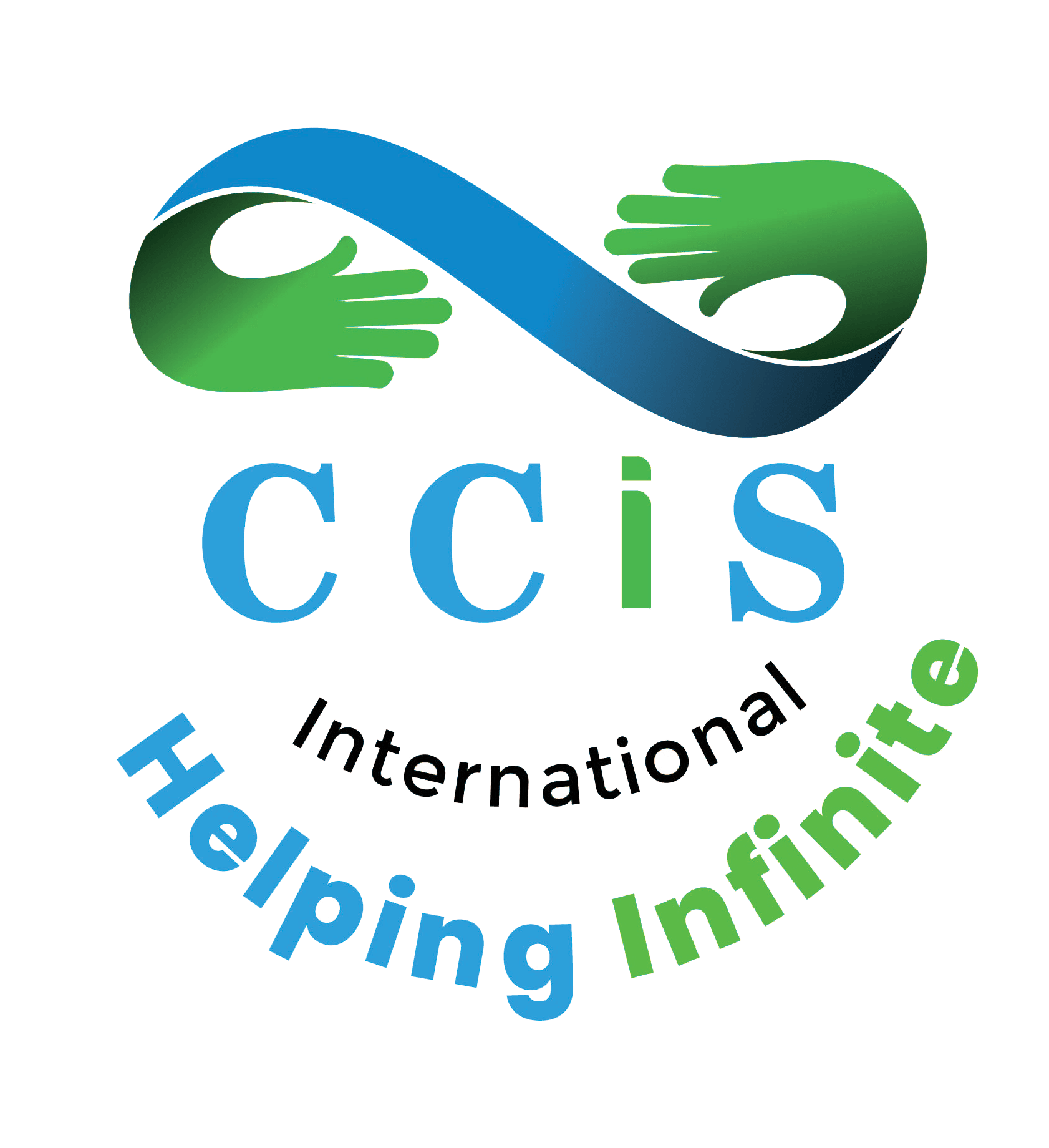Saved Children & Family from Slavery in Pakistan
It is heartbreaking to witness the harsh living conditions and lack of basic necessities faced by marginalized communities in certain parts of Pakistan. The issues you described, such as limited access to education, clean drinking water, electricity, and adequate housing, are unfortunately prevalent in many underprivileged areas around the world.
When confronted with such situations, it is natural to feel empathy and compassion for the people enduring these hardships. It is commendable that your team from CCIS took the initiative to visit and understand the challenges faced by these communities. By doing so, you can gain valuable insights that may help in developing strategies to uplift their living conditions.
While I understand that the situation can be overwhelming, it's important to approach these circumstances with a long-term perspective and sustainable solutions in mind. Here are a few possible ways to contribute positively:
- Education and skill development: One of the key factors in breaking the cycle of poverty is providing access to education. Consider supporting initiatives that establish schools or educational programs in the area, ensuring that children receive basic literacy and numeracy skills. Vocational training and skill development programs can also empower adults to improve their livelihoods.
- Access to clean water and sanitation: Lack of clean drinking water and proper sanitation facilities pose significant health risks. Collaborate with local organizations or NGOs that specialize in providing clean water solutions, such as wells, filtration systems, or water purification initiatives. Additionally, support efforts to promote hygiene and sanitation practices within the community.
- Basic infrastructure and housing: Collaborate with organizations that focus on improving housing conditions in impoverished areas. This could involve initiatives to build low-cost, sustainable housing or renovate existing structures to make them safer and more suitable for living.
- Livelihood support and economic empowerment: Work with local communities to develop income-generating opportunities and empower them to become self-sufficient. This could include providing microfinance or small business training, facilitating access to markets, or supporting agricultural initiatives.
- Advocacy and raising awareness: Share the stories and experiences of the marginalized communities you encountered with a wider audience. Raise awareness about the challenges they face and advocate for policies and resources that can address these issues effectively.
Remember that sustainable change takes time and requires collaboration with local communities, government bodies, and other stakeholders. By engaging in long-term initiatives that address the root causes of poverty and inequality, you can contribute to improving the lives of these marginalized communities and creating lasting impact.
Send us a Message
If you have any questions, please let us know. We are here for you.
